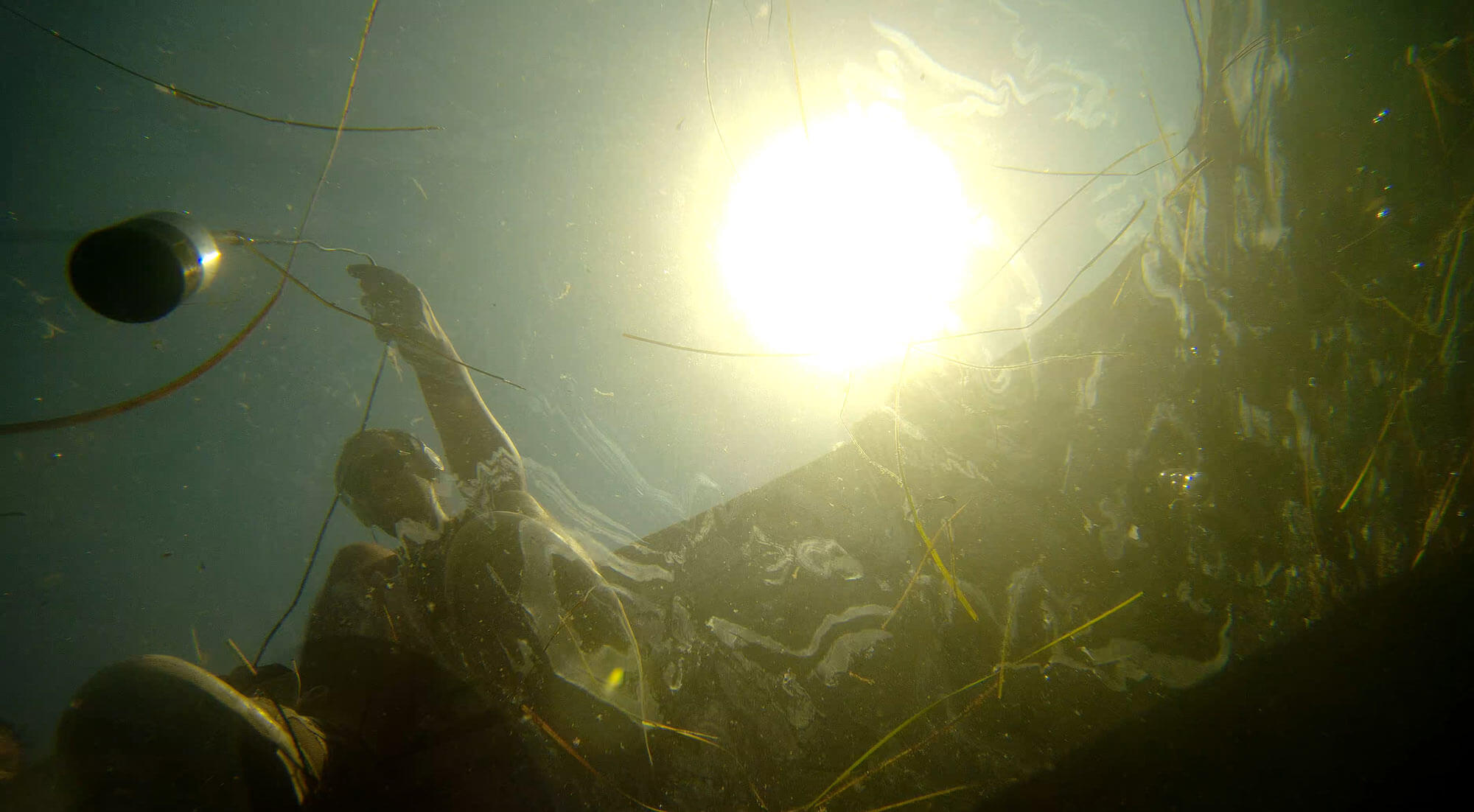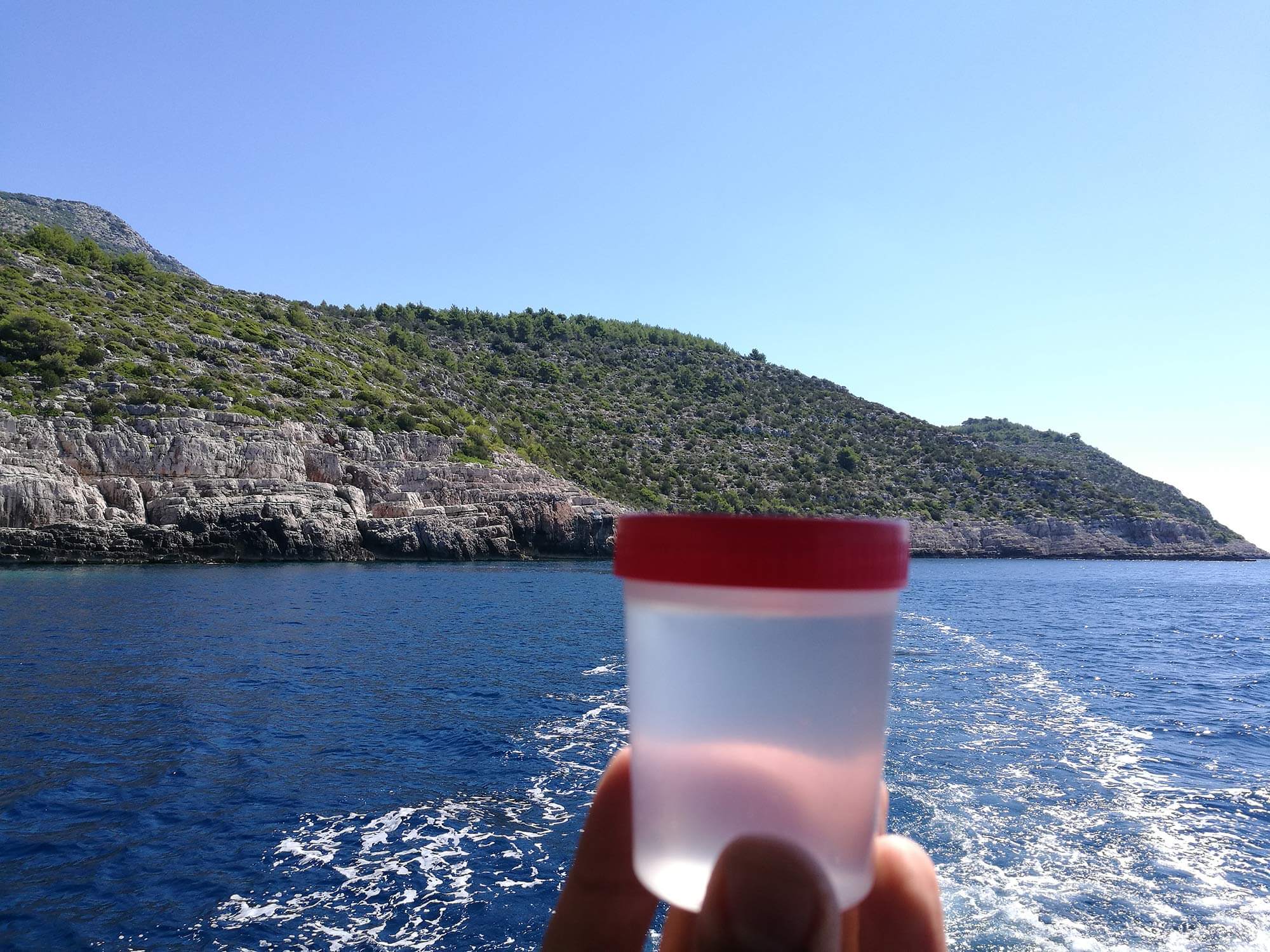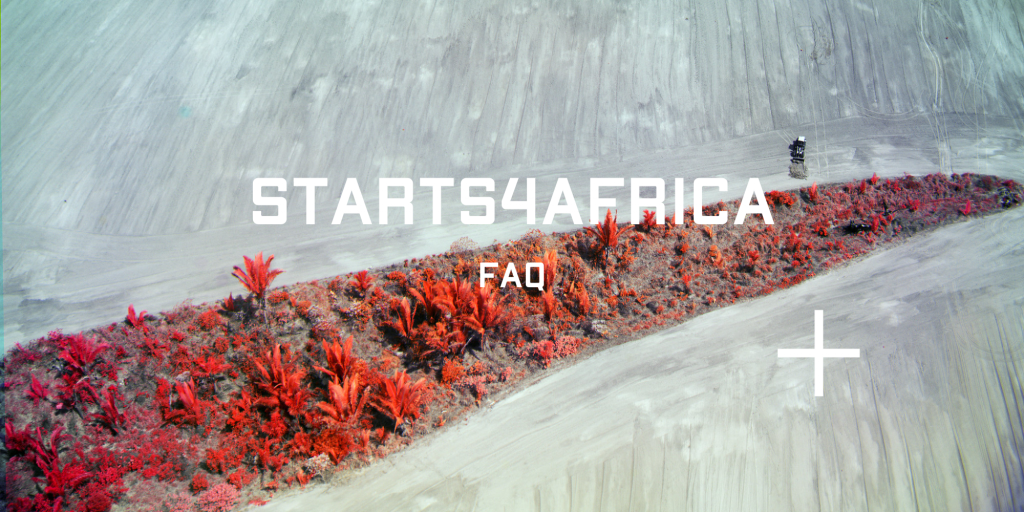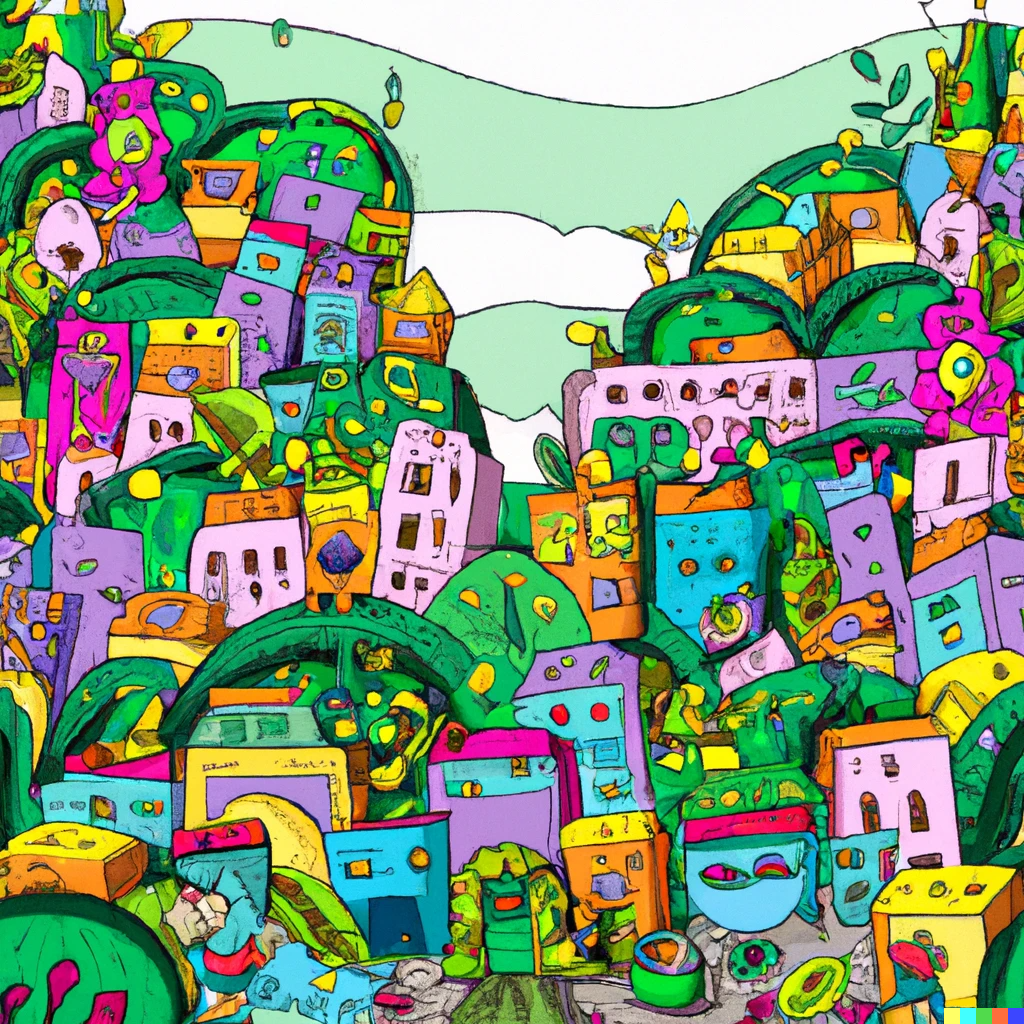S+T+ARTS4Water Challenge and Residency
Zero Pollution Adriatic

Host / Region
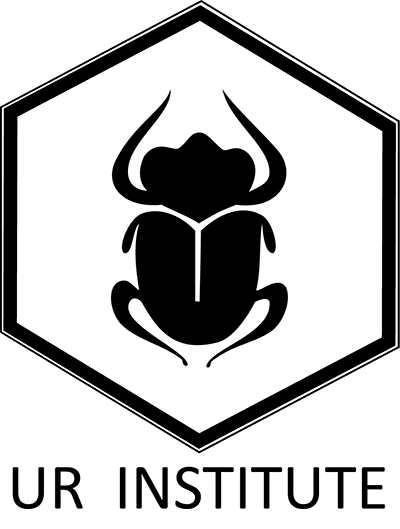
UR Institute
Dubrovnik, Croatia / Croatian and Slovenian Coastal Area of the Adriatic Sea
Abstract
This residency seeks to develop innovative tools and ideas for dealing with water pollution and the tourism & hospitality industry’s footprint.
Keywords
sea, sustainable tourism, hybrid art, new technologies, ecological engineering/biotechnology, tourism & hospitality industry footprint, new digital tools (IoT, Big Data, Cognitive computing)
Description of the regional challenge
For some time, Croatia has been faced with the problem of large quantities of liquid and solid waste from the tourism and hospitality industry. For example, waste water from restaurants, cruise ships and boats ends up in marine waters, without proper liquid waste processing. Since the release of liquid waste underwater, it mostly goes unnoticed, and so becomes neglected as a problem. These practices are threatening the quality of the Adriatic Sea’s coastal waters and affecting the environment (microorganisms, animal and plant life) and human health – which are all connected through the food chain. Many cities and islands are struggling with the absence of effective, universal solutions to these problems, which are also difficult to overcome individually. Can a STARTS collaboration lay a path of creative disruption and the foundations for sustainable change towards a systemic approach to waste water and marine management? Can art be a generative driving force in improving marine management, enabling new sustainable practices that promote the preservation and remediation of clean (marine) water and the restoration of a rich water biodiversity?
Region information
The focus of the call is the Croatian and Slovenian coastal region of the Adriatic Sea – and specifically the cities whose economy is based on unsustainable mass tourism, which produces a negative impact on marine waters and their biodiversity. The countries with coasts on the Adriatic are Albania, Bosnia and Herzegovina, Croatia, Italy, Montenegro and Slovenia. The Adriatic contains over 1,300 islands, mostly located along the Croatian part of its eastern coast. This coastline is Croatia’s most popular tourist region by far, receiving around 11 million tourists a year who over-utilise most of the local water bodies, leading to a massive release of waste into marine waters.
How is the mission S+T+ARTS driven?
The project seeks a truly integrative approach to innovation, beyond the compartmentalisation of art and science & technology, and within a unified S+T+ARTS framework. UR Institute offers a platform for mutual, collaborative and DIWO (do-it-with-others) opportunities for sharing knowledge, and mutual development. We ask: can we use science & digital technology related intermedia/new media art to go beyond merely building awareness towards the hands-on development of concrete, applicable ideas?
Artists-in-residency
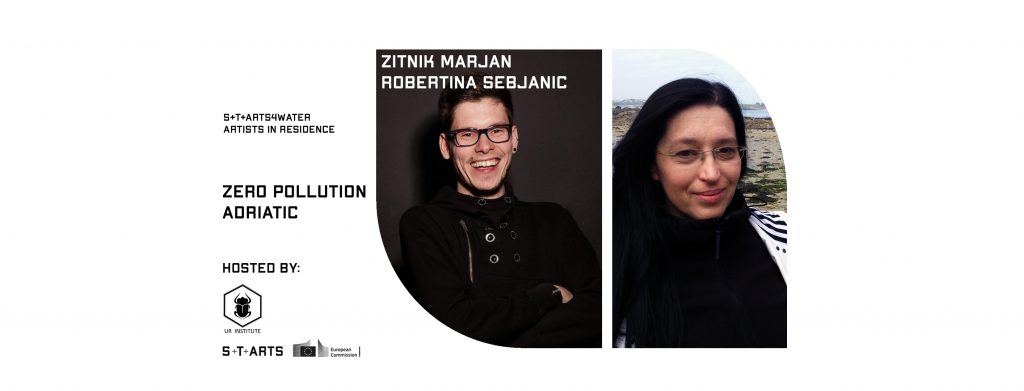
Robertina Šebjanič is an internationally awarded artist, whose work revolves around the biological, chemical, political, and cultural realities of aquatic environments and explores humankind’s impact on other species and on the rights of non-human entities, while calling for strategies emphatic towards other species to be adopted. In her analysis of the theoretical framework of the Anthropocene, the artist uses the term ‘aquatocene’ and ‘aquaforming’ to refer to humans’ impact on aquatic environments. Her works received awards and nominations at Prix Ars Electronica, Starts Prize, Falling Walls. Her work was exhibited and performed at venues and festivals such as Ars Electronica Festival (AT), Prix Cube Exhibition (FR), MONOM_CTM (DE), Matadero (ES), (Onassis Cultural Center Athens (GR), Kosmica festival & Laboratorio Art Almeda (MX), Kapelica Gallery (SI), Device_art (CRO), Art Laboratory Berlin (DE), Kiblix Festival (SI), Gallery of Contemporary Art Celje (SI), Museum of Contemporary Art Beograd (SRB), Eye Museum Amsterdam (NL).
Marjan Žitnik, born 28th March 1990 in Dubrovnik, Croatia. In early childhood developed interest in musical art as a piano player winning national and internal awards. Besides art he showed interest in computers and creative digital design. After getting a master’s degree in computer engineering, he founded several successful mobile-app-based startups. Among recent work, he served as the Product Manager for Photomath – a mobile application that utilizes a smartphone’s camera to scan and recognize mathematical equations (several times #1 AppStore educational app Worldwide, with more than 200 million downloads). His biggest passion since he was a child was fishing, a tradition taught by his family, and he never missed the opportunity to get back to the boat. In 2018 he founded Maritimo Fishing company in Dubrovnik with the slogan “Fish like locals do”, which offers customized boat & kayak fishing trips. In 2020 the company founded a non-profit spinoff devoted to preservation of marine ecology – Maritimo Recycling, which cleans the Adriatic Sea from plastic, upcycling it into innovative use.
Artists’ statement
The artwork Echinoidea future – Adriatic sensing addresses the current biogeological and morphological conditions in the sea urchin environment, which is aquaformed by anthropogenic liquid waste, resulting in low oxygen levels in the seawater. Exploring the stressors of the local/global human footprint, the project demonstrates the resilience of the aquatic species. ‘Echinoidea future – Adriatic sensing’’ acts as an activation of (sy)(e) mpathia.
The main research was carried out within The Zero Pollution Adriatic residency and took place in the coastal region of the southern Adriatic. The project includes an art installation Echinoidea future – Adriatic sensing by Robertina Šebjanič, technological innovation S.M.A.R.T Urchin by Marjan Žitnik, workshops and a ZPA Social Innovation initiative developed by Marjan Žitnik and Robertina Šebjanič.
Residency support network
- City of Dubrovnik Association of Technical Culture (HR)
- Dubrovnik-Neretva County Association of Technical Culture (HR)
- Association of Innovators of Dubrovnik-Neretva County (HR)
- The City of Dubrovnik (Administrative Department for Education Sports, Social Welfare and Civil Society) (HR)
- Nature Reserve Island Lokrum (HR)
- ARL – Art Workshop Lazareti (HR)
- Kontejner: Bureau of Contemporary Art Praxis (HR)
- Ars Electronica Linz GmbH (AT)
- Dubrovnik Water Supply (HR)
- PiNA: Association for Culture and Education (SI)
